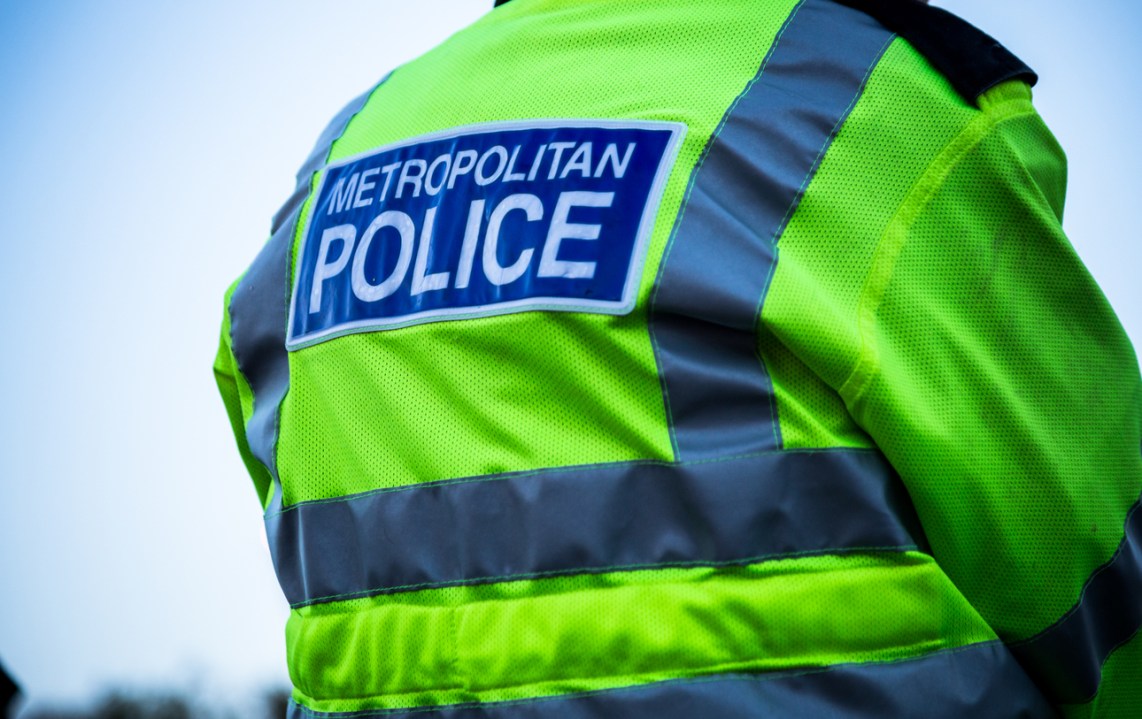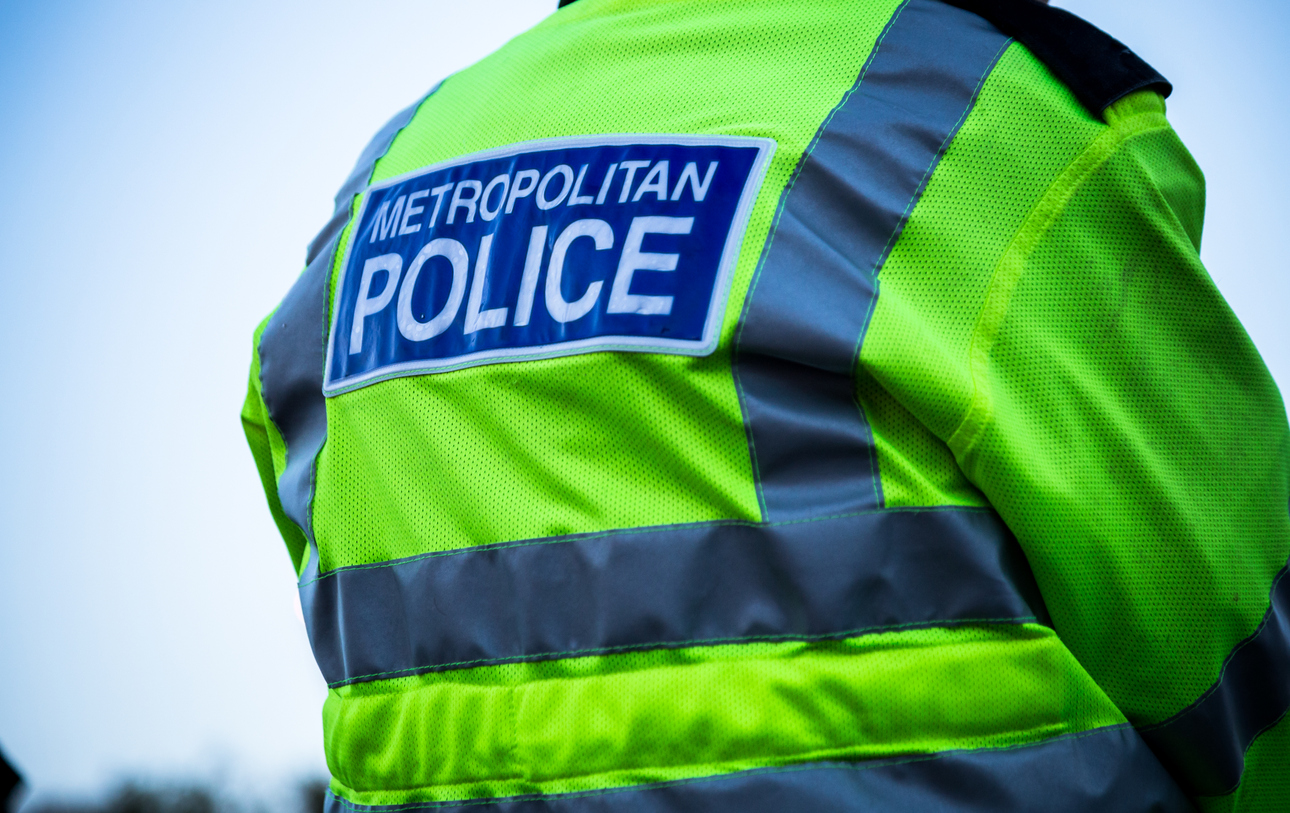For more than 47 years, Dennis McGrory got away with murder. But last week justice was finally delivered: the pensioner was sentenced to life imprisonment for killing 15-year-old Jacqui Montgomery, in Islington, north London. His conviction was in large measure due to the work of Metropolitan police forensic scientists and detectives who never gave up on the case, which dates back to June 1975.
So it was with Zafar Iqbal, who strangled his wife, Naziat Khan, in front of their young daughters in Norbury, south-west London, in 2001. Iqbal fled to Pakistan but Scotland Yard, working with other law enforcement agencies, tracked him down and eventually brought him back to the UK. He was jailed in December.
How could the Met have hired Carrick?
This is the best of the Met: never letting up, pursuing criminals, using a range of techniques to solve the most complex of crimes. Over the years, I’ve met officers who’ve carried out investigations like these; their professionalism, dedication to duty and integrity have always stood out. Which is why I am struggling to understand how a police force which is capable of doing so much good can get it so catastrophically wrong, as it did with David Carrick: the police officer who has admitted dozens of rape and sexual offences against 12 women over two decades.
How could the Met have hired him, in 2001, given that it had investigated alleged offences against his ex-partner the previous year? Why did the force fail – repeatedly – to act on information that he was a domestic abuse perpetrator? What was the thinking behind the decision, just 18 months ago, not to suspend him when he was accused of rape?
Carrick’s is an appalling case; so many opportunities to stop him were missed. If the Metropolitan police had applied just a fraction of the rigour used to hunt down murderers, such as McGrory and Iqbal, it could have rooted him out years ago. But it didn’t because, I have now come to believe, there are deep flaws within the organisation. Joining the dots, which the Met failed to do with Carrick, allows you to see the underlying problems.
They have become evident over the past few years as a succession of senior ranking officers have stood next to the revolving sign outside the Yard’s headquarters on the Victoria Embankment, apologising. Apologising after a serving officer kidnapped, raped and murdered Sarah Everard. Apologising after two policemen took ‘selfies’ in front of the bodies of the murdered sisters, Bibaa Henry and Nicole Smallman. Apologising after an inquest jury said fundamental failures contributed to the deaths of the final three victims of the serial killer, Stephen Port. Apologising for Operation Midland, the disastrously ill-judged inquiry into bogus claims that senior politicians and other public figures had sexually abused and murdered young boys. Apologising for police mistakes identified by an independent report into the murder of a private detective, Daniel Morgan, in 1987.
Scotland Yard may have said ‘sorry’ and come up with an explanation for what happened in each case (and there are many others) but it’s more instructive to join the dots. The thread that links them is culture: too defensive, inward-looking, us-against-them, ‘we know best’. There are pockets which are stuck in a macho time warp, where offensive, misogynistic and discriminatory attitudes have been allowed to fester under supervisors who aren’t intrusive enough. The place needs greater diversity of thought, with officers and staff encouraged to challenge conventional practices, to speak up and to call out inappropriate behaviour. The Met employs thousands of hard-working, resourceful and talented people but also too many who join for misguided or malign motives, attracted by the uniform, warrant card, handcuffs and powers.
The new Commissioner, Sir Mark Rowley, understands the need for reform. Since taking over last September he’s set out clear standards and expectations; established a new anti-corruption and abuse unit; and ordered record checks of his 45,000-strong workforce, including a review of 1,600 cases where allegations of domestic abuse or sexual offending have been made. But as more stones are unturned, it’s inevitable that more wrongdoing and errors will emerge, further denting public trust in the force and undermining its legitimacy. It’s hard to see when it will stop.
There is, however, a possible pathway out of this depressing cycle. It would involve a structural overhaul of policing in London, to create a new service with a fresh identity, ethos and mission, focused on the capital, and a separate body responsible for national counter-terrorism and security. This would be far from a cosmetic exercise, with tough decisions required to make it work.
The idea was floated on the Today programme, on BBC Radio 4. It was put to Sir Mark that re-configuring the Met, in a similar way to the formation of the Police Service of Northern Ireland after the disbandment of the Royal Ulster Constabulary, would help re-build public trust among communities that have lost confidence in the force. The Commissioner said he was prepared to make ‘radical’ changes to practices, systems, culture, leadership and recruitment but would await the findings of a major report from Baroness Louise Casey, to be published in March. What was most interesting about his answer was the pause before he replied. It suggested to me that although he wasn’t prepared to endorse such a proposal he was anxious not to dismiss it either.
The prospect of knocking down an institution which is almost 200 years old may not command widespread support in Whitehall or at New Scotland Yard. But if it leads to a new organisation that better serves the people of London the upheaval would be worth it. The conversation has started; it’s time to take it seriously.







Comments